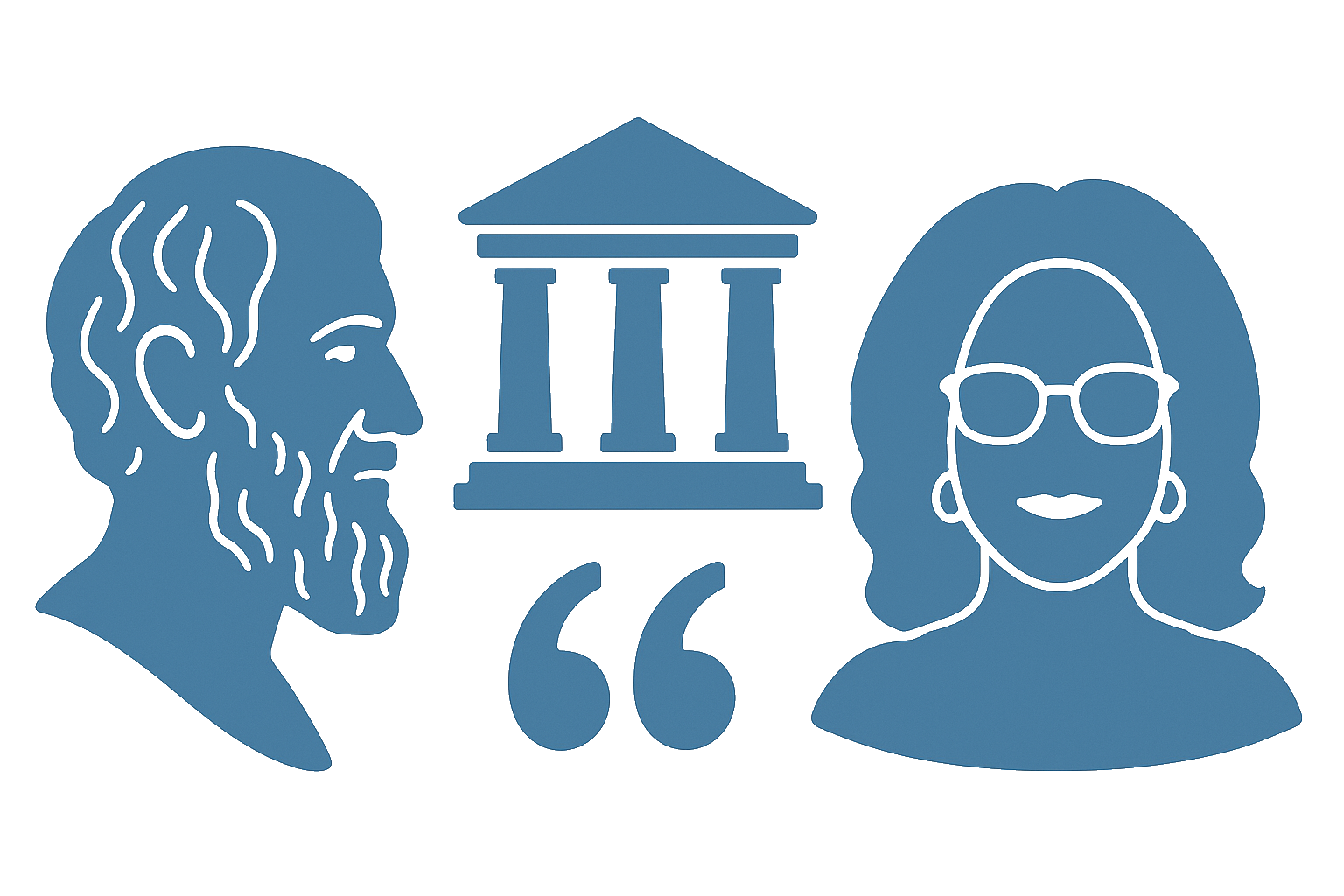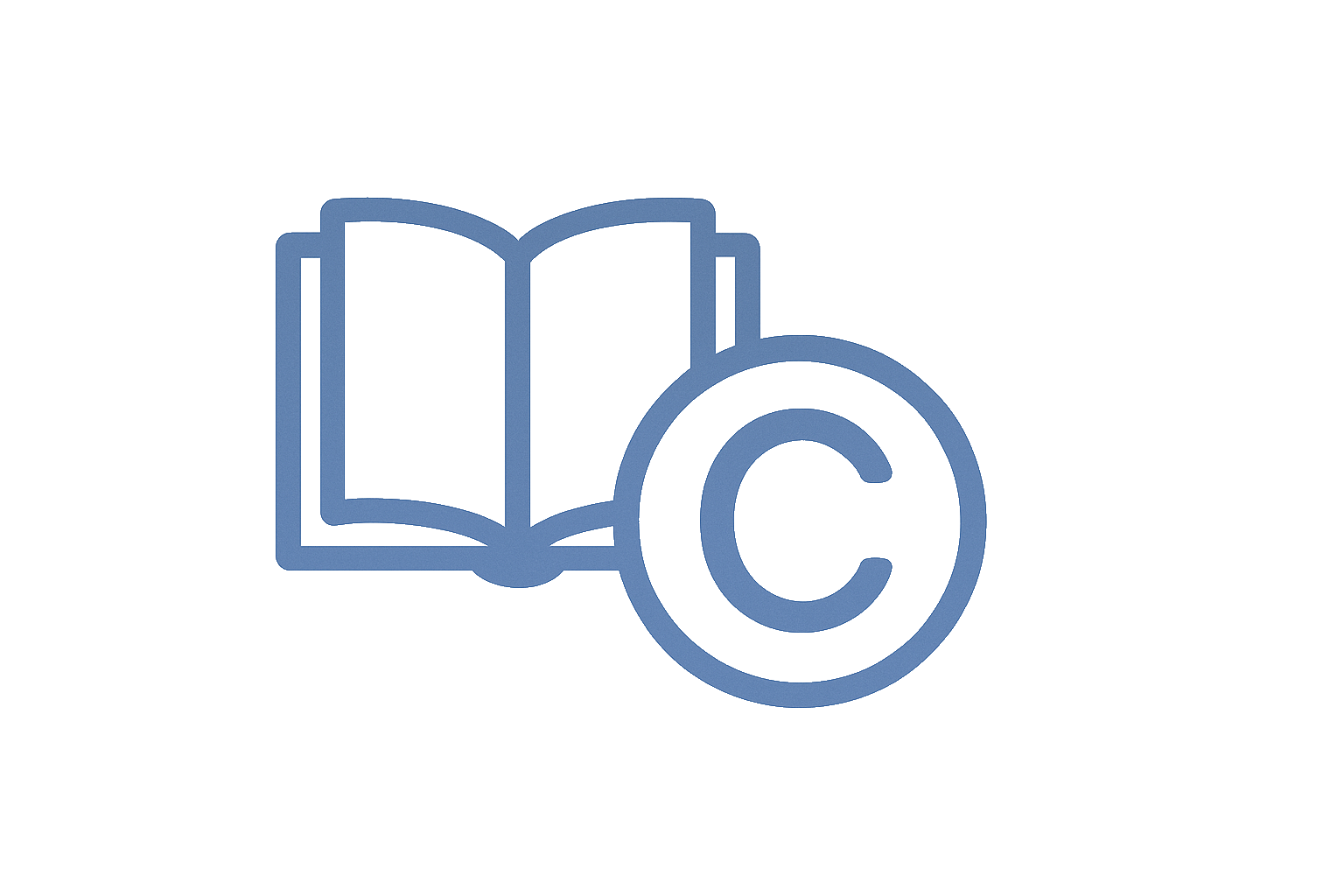📌 Quick Summary
1-Sentence Answer:
Your software code is automatically protected by copyright as soon as it’s written, giving you the legal power to stop unauthorized copying, even in open-source environments.
The Article Overview:
This article unpacks how copyright law protects your software code from unauthorized use, how it differs from open source licensing, and when to register your copyright. We’ll also dive into enforcement benefits, industry examples, FAQs, and potential legal and business implications.
❓ Common Questions & Answers
Is my code copyrighted automatically?
Yes. The moment your code is written or typed, it’s protected under copyright law—even without formal registration.
Do I need to register my copyright?
Not legally, but registration strengthens your rights, allowing you to claim statutory damages and file lawsuits more effectively.
Can someone else write the same code?
Yes, if they write it independently. Copyright protects against copying, not against coincidence or common solutions.
What does open source actually mean?
It’s a licensing agreement that allows others to use, modify, and share your code—provided they follow the license terms.
Can I copyright open-source software?
Yes! Open-source code is still copyrighted; the license simply grants limited rights under specific terms.
📜 Step-by-Step Guide
1. Write Your Code
Once your software code exists in a tangible format—digitally or on paper—it’s protected by default under copyright law.
2. Consider Your Intentions
Decide if you want to keep your code proprietary, or share it under an open-source license like the GPL.
3. Register Your Copyright
Visit copyright.gov to formally register your code, making it easier to enforce your rights and claim damages.
4. Add a Copyright Notice
Include a notice in your code: © [Year] [Your Name]. All Rights Reserved. It’s not mandatory but reinforces ownership.
5. Monitor Usage & Enforce
Keep an eye out for misuse. Registration allows for legal action, including statutory damages up to $150,000 per infringement.
📖 Historical Context
In the early days of programming—think 1950s and 60s—software code was often freely shared among academics and engineers. Code was more communal than proprietary, and few legal mechanisms protected it. That changed drastically in the 1970s with the rise of commercial computing and, later, the explosion of the software industry in the 1980s and 1990s.
When the U.S. Copyright Act was revised in 1976, it expanded the scope of protectable works to include computer programs. This legislative shift gave birth to modern code ownership laws, equipping developers with tools to legally protect their digital creations.
The open source movement began gaining traction in the late 1990s as developers, particularly from the Linux and Mozilla communities, sought collaborative alternatives. Open source licenses, such as the GPL, emerged as legal tools that allowed sharing while maintaining structure. Today, the balance between protection and open collaboration defines the modern software ecosystem.
🏢 Business Competition Examples
1. Oracle vs. Google (Java API case):
Oracle claimed Google copied Java APIs in Android. While the Supreme Court ruled in Google’s favor under "fair use," the case highlighted how even interface code can trigger massive copyright battles.
Link
2. Microsoft’s .NET and Mono Conflict:
Mono, an open-source version of Microsoft’s .NET framework, stirred legal anxieties for years. Microsoft eventually cleared the air, offering .NET under an open-source license, but not before confusion and debate over what was protected and what wasn’t.
3. GitHub Copilot Concerns:
With AI models trained on open-source code, questions arose about whether code snippets generated by AI violate the original copyright. GitHub’s Copilot is now the subject of legal scrutiny.
4. Facebook React License Flap:
In 2017, Facebook’s license for React had patent clauses that spooked the open-source community. The backlash led Facebook to relicense React under the MIT License.
💬 Discussion Section
Understanding the copyright status of your code isn’t just about protecting your intellectual property—it’s about strategically planning your software’s future. Developers often wrestle with questions like: “Should I make this open source?” “What if someone copies my algorithm?” or “Can I still sue even if they wrote it themselves?” The truth is nuanced.
Automatic copyright gives you a legal umbrella the moment you hit "Save" on that text editor. But that umbrella has its holes—especially when it comes to enforcement. If your goal is to pursue violators in court, you’ll need to register your work. Doing so equips you with tools like statutory damages and a stronger evidentiary position.
On the other side of the digital fence lies open source. Think of open source not as the wild west, but more like a community garden: you can use and improve the plants, but only if you follow the rules. GPL and other licenses are binding contracts, not mere suggestions.
Balancing control with collaboration is key. Some developers release only non-core components as open source. Others offer dual licensing models: one free, one commercial. And while it might feel generous to let the world build on your code, that doesn’t mean you should forget who built the foundation.
In short: know your code, know your rights, and don’t let anyone 'Ctrl‑C' your genius without your consent.
⚖️ The Debate
Pro-Registration:
Registering your copyright boosts your enforcement power. It’s a simple, low-cost process that enhances legal remedies and publicizes your claim.
Anti-Registration:
Some argue it’s unnecessary overhead—your code is protected by default. Plus, registration means disclosing code publicly, which might reveal sensitive methods or trade secrets.
✅ Key Takeaways
-
Copyright is automatic when you write code.
-
Registration is optional, but highly recommended.
-
Open source licenses still operate under copyright law.
-
Enforcing rights is easier with a registered copyright.
-
You can choose between proprietary, open source, or hybrid licensing.
⚠️ Potential Business Hazards
-
Forgetting to register may weaken your legal position.
-
Sharing code under open source without proper license terms.
-
Accidentally violating someone else’s copyright.
-
Failing to disclose copyright ownership during funding or acquisition.
❌ Myths & Misconceptions
-
“Open source means no copyright.” (False—it's still protected!)
-
“I don’t need to register to sue.” (Technically true, but weaker case.)
-
“No one will find out if I copy code.” (Plenty of tools now detect copied code.)
-
“Two developers can’t write the same code.” (Yes, they can—independently.)
-
“Copyright applies only to books or music.” (It includes software too!)
📚 Book & Podcast Recommendations
-
Book: “The Cathedral & the Bazaar” by Eric S. Raymond
https://en.wikipedia.org/wiki/The_Cathedral_and_the_Bazaar -
Book: “Code: The Hidden Language of Computer Hardware and Software” by Charles Petzold
https://www.amazon.com/dp/0735611319 -
Podcast: “Command Line Heroes” (Red Hat)
https://www.redhat.com/en/command-line-heroes -
Podcast: “The Changelog” – Open Source Deep Dives
https://changelog.com/podcast
⚖️ Legal Cases
-
Oracle v. Google (2021)
https://www.supremecourt.gov/opinions/20pdf/18-956_d18f.pdf
Landmark ruling on API copyright and fair use. -
Sony v. Connectix (2000)
https://casetext.com/case/sony-computer-v-connectix-corp
Established that copying for compatibility testing may be fair use. -
SCO Group v. IBM (Ongoing)
https://en.wikipedia.org/wiki/SCO_Group,_Inc._v._International_Business_Machines_Corp.
Long-running dispute over UNIX and Linux code ownership. -
Jacobsen v. Katzer (2008)
https://casetext.com/case/jacobsen-v-katzer
Court upheld that open-source licenses are enforceable.
📣 Expert Invitation
Got questions about copyright, open source, or licensing?
👉 Visit Inventive Unicorn and schedule a free strategy session to protect your genius today.
🔚 Wrap-Up Conclusion
Copyright and open-source licensing are not enemies—they’re tools. Tools to protect your creativity, control distribution, and contribute meaningfully to the software world. Whether you're guarding your code like Smaug guards treasure or opening it up to the world like a digital Robin Hood, know your rights and wield them wisely.











